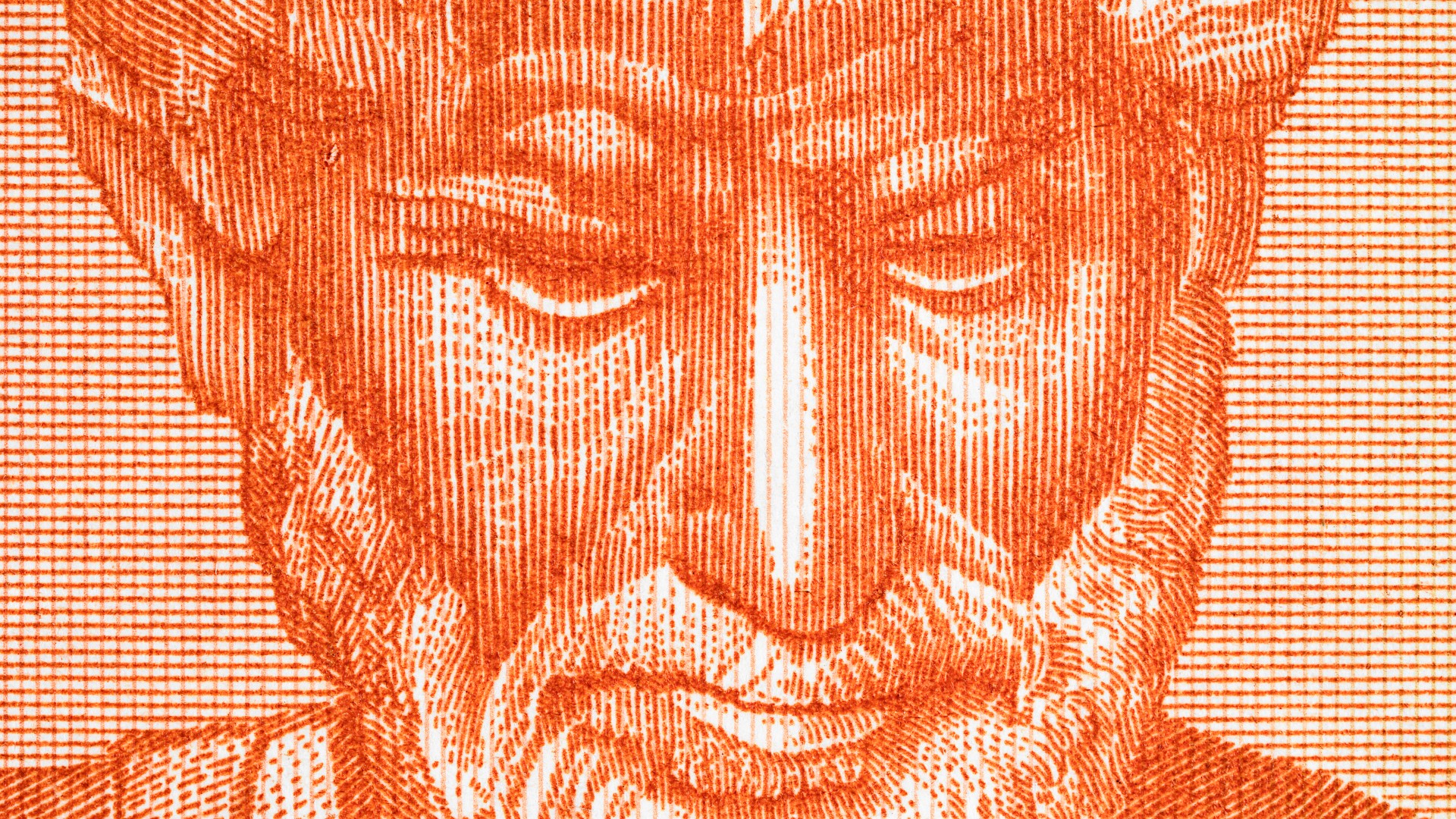Buy more books than you ever read? The Japanese have a word for that.

Let’s see. Where to begin.
There’s that copy of Durkheim’s The Elementary Forms of Religious Life I picked up at a second-hand bookstore in Arizona. Though I’ve read the last three books by Antonio Damasio, I’ve been holding onto Looking for Spinoza, untouched. Nearby on the shelf is Why Nations Fail, which I keep meaning to get to, even though I feel like I’m living through it in real time; same with Russian Roulette. I did make it about 200 pages into Piketty’s Capital before getting distracted.
As an avid reader, I try to consume everything in my collection. I’ve donated more books than I hold onto, for space concerns. Still, the hundreds of books in my home office dominate the room, as well as my bedroom and living room, where random copies mingle with my wife’s library. If only there was a word to describe those unread books so that I didn’t have to say, “Oh, I haven’t gotten to that one yet” whenever someone asks about particular editions.

Author and book collector A. Edward Newton had an equally long way of expressing his love for unturned pages:
Even when reading is impossible, the presence of books acquired produces such an ecstasy that the buying of more books than one can read is nothing less than the soul reaching towards infinity … we cherish books even if unread, their mere presence exudes comfort, their ready access reassurance.
Enter the Japanese: tsundoku. The rough translation is “letting reading materials pile up without reading them.” This is one of the most precise words to capture a feeling we Americans have no word for, alongside the German schadenfreude. A few other gems:
Kummerspeck: Meaning ‘grief bacon’, the Germans nail it again when describing the extra weight you carry from emotional overeating.
Tartle: A Scots word for the panic you feel when you forget someone’s name before introducing them. I’ll be using this one often in the future.
Iktsuarpok: Inuits felt that the anticipation of waiting for someone to show up should have its own word. Brilliant.
Pelinti: If you’re in Ghana and you burn the roof of your mouth after taking a bite of hot pizza (or any food), you can scream your displeasure in three syllables. Loudly. Until now the most eloquent way of describing this came from a Nas lyric: “At night / New York / eat a slice too hot / use my tongue to tear the skin hanging from the roof of my mouth.”





